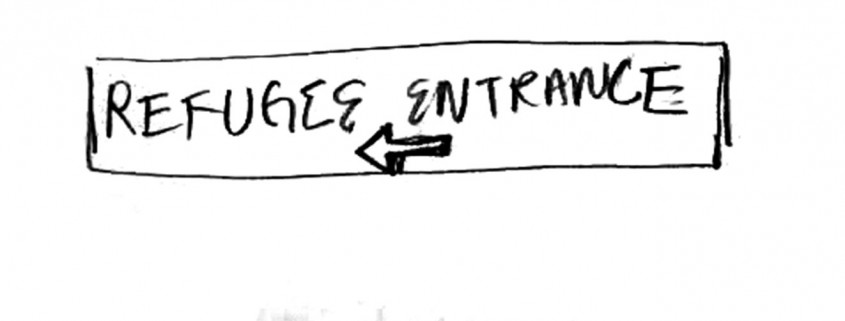Forced deportation in Egypt is prejudiced
There has been much global attention on Egypt over the past few years. From the Arab Spring revolution and protests to recent elections, Egypt’s political state has been far from stable. Other nonpolitical issues have featured prominently in Egypt as well. On April 14, Egypt’s administrative court upheld a decision by the interior ministry to deport a man because of allegations that he was gay, thus affirming the right of the ministry to ban and deport other LGBT foreigners from Egypt. An Egyptian newspaper, Al-Ahram, reported that the court upheld the man’s deportation as a way to “preserve the public interest and religious and social values.” The Egyptian administrative court’s concern over “preserving national interest” in this way is unjustified, and Egyptian law needs re-evaluation.
The case involved a Libyan man who appealed his 2008 deportation from Egypt after he was accused of what was described as “debauchery” in exchange for money. The man, who had lived in Egypt since 2006, appealed his deportation on the grounds that he was a graduate student at the Arab Academy for Science, Technology and Maritime Transport in Cairo, and that he would not be able to complete his studies if deported. This case comes at a time of increased attacks on alleged gaysand lesbian people in Egypt, a movement led by the interior ministry and judicial body, and demonstrates the role that the state has granted the Egyptian police with regard to upholding society’s morality.
In January, a Cairo court acquitted 26 defendants accused of homosexual activities in a bath house. The case drew international criticism for the televised police harassment of the men. In December, eight men were given year-long prison sentences for allegedly taking part in a gay marriage ceremony on a Nile boat. These actions taken by the Egyptian government have made those who identify as members of the LGBT community fear living in Egypt and getting charged with “debauchery.”
Amnesty International said that the decision to refuse the Libyan man re-entry into Egypt sets a “very dangerous precedent.” It is also one of many testaments to the continued corruption of the Egyptian government. Given that explicit discrimination is not formal law in Egypt, it is unacceptable to create charges and legal bans for gay foreigners, as it is not illegal to be gay in Egypt. To act solely based on a social norm of homophobia is not only unlawful, but also a way for the Egyptian government to distract attention away from the widespread political chaos.
Though places like the United States have made strides in supporting the LGBT community, many other places such as Egypt have yet to adopt a non-homophobic mindset. The Egyptian government’s discrimination against gay residents distracts citizens from other human rights violations in Egypt and demonstrates continued injustice. Making Egypt a safer place should be of the utmost importance to authorities, and the first step should be to eliminate political violence and discrimination against the LGBT community. It’s up to the world to help with these efforts.


No it isn’t up to the world. It is up to Egyptians, and until they throw Islam into the garbage heap where it belongs the LGBT community will know no peace.
Islam: The religion of intolerance.